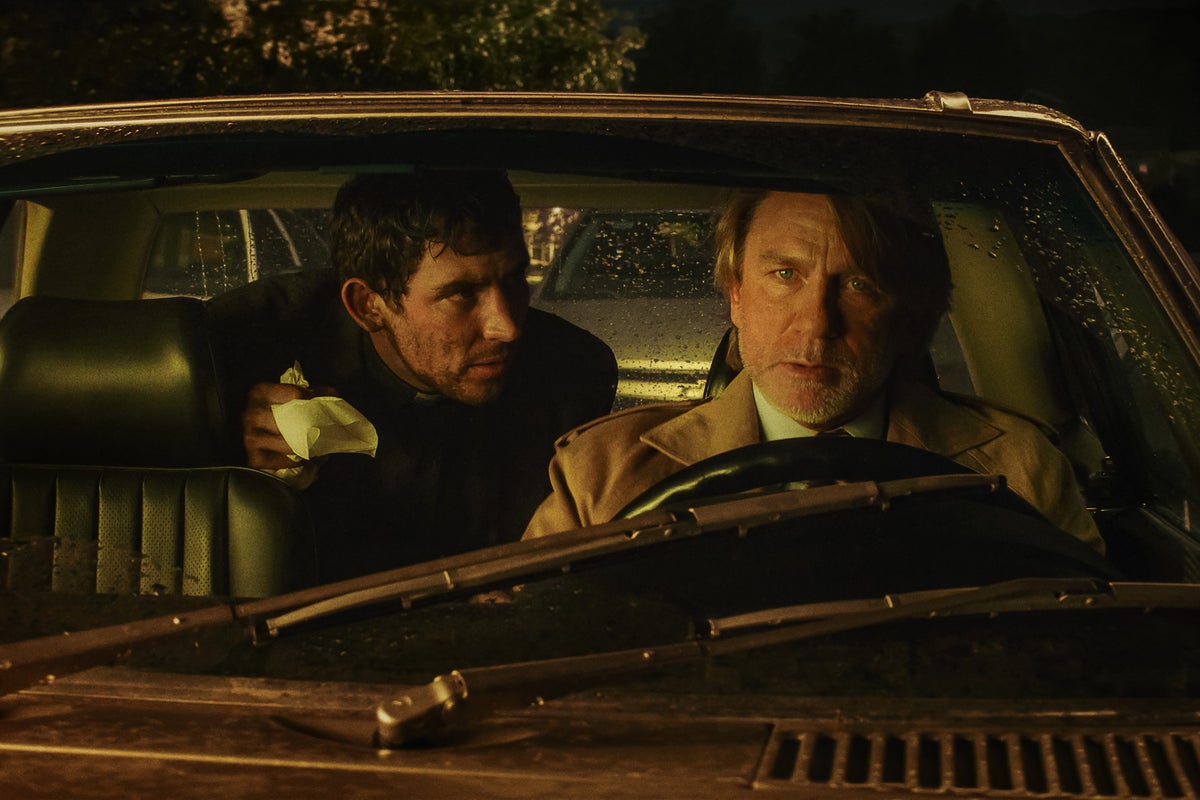The Labour MP behind the bill to legalise assisted dying in England and Wales says she is worried some members of the House of Lords are trying to “frustrate” its passage into law.
Kim Leadbeater warned the legislation was approaching a “crunch point” after the number of changes proposed in the Lords rose above 1,000.
The bill, which was passed by MPs in an historic vote in June, must be approved by both Houses of Parliament before becoming law.
But peers are making very slow progress in scrutinising it, meaning that unless they speed up it will almost certainly need to be allocated more debating sessions to avoid running out of time.
The Terminally Ill Adults (End of Life) Bill passed its first stage in the Lords in September, but will only become law if MPs and peers can agree the final wording before the current session of Parliament ends in the spring.
Peers have so far discussed fewer than 30 of the amendments during two of the four days reserved for committee stage, when the bill is scrutinised line-by-line.
The passage of the bill has been complicated by the fact it was put forward by Leadbeater, a backbench MP, rather than the government, a category of draft law that is vulnerable to running out of debating time.
On Friday, they spent the entire four hours allocated for the day discussing a group of 21 amendments on safeguards designed to prevent people being coerced or encouraged into an assisted death.
Speaking after Friday’s debate, Leadbeater told the she respected those with concerns, adding that most peers had been “engaging in good faith” and “I know the Lords want to do a good job”.
But she added that some of the debate in the Lords had been “repetitive”, whilst some of the issues raised by peers had already been “discussed at length” by MPs.
Adding that “in practice, the protection is there”, she said: “I do worry that some of the processes and procedures that can be used are being used to frustrate the bill, and that is deeply disappointing and upsetting.”
A similar bill to legalise assisted dying did not make it through the Lords in 2014 – although unlike Leadbeater’s draft law, it had not already been approved by MPs.
Leadbeater said she was “concerned” about the Lords potentially trying to block a bill after the Commons had already “voted to change the law”.
Adding that “now is the time” to update the law, she said: “the Lords have to respect that, and we have to respect democracy”.
Legalisation of assisted dying did not feature in the manifestos of any of the major parties prior to last year’s general election, and parties have agreed to treat it as a matter of conscience, meaning they will not tell their MPs how to vote.
Critics and opponents of the bill have insisted the legislation requires significant redrafting to ensure any system properly protects vulnerable people.
During the earlier debate, before Leadbeater’s intervention, former DUP leader Baron Dodds of Duncairn said the bill needed further changes to ensure “all the necessary safeguards” were in place.
He added that the Lords would not need to spend so much time on the bill “had some of these issues been dealt with in a different way” by MPs.
Former High Court judge Elizabeth Butler-Sloss expressed a similar sentiment, telling peers: “There are many of us who do not like the bill, but there is a real probability that the bill will pass, and if it passes, we want it better than it is at the moment. Consequently, we are not wasting time.”
Ministers have ruled out using government debating time to enable further discussion of the amendments in the Lords, but have hinted they are prepared to explore other routes to make more time available.
According to the Hansard Society, a think tank, such options include additional sittings on Fridays, a time traditionally reserved to debate bills put forward by backbench MPs.
Other alternatives include using time that would normally be reserved for other subjects, or sitting for longer hours between Monday and Thursday, it added.


